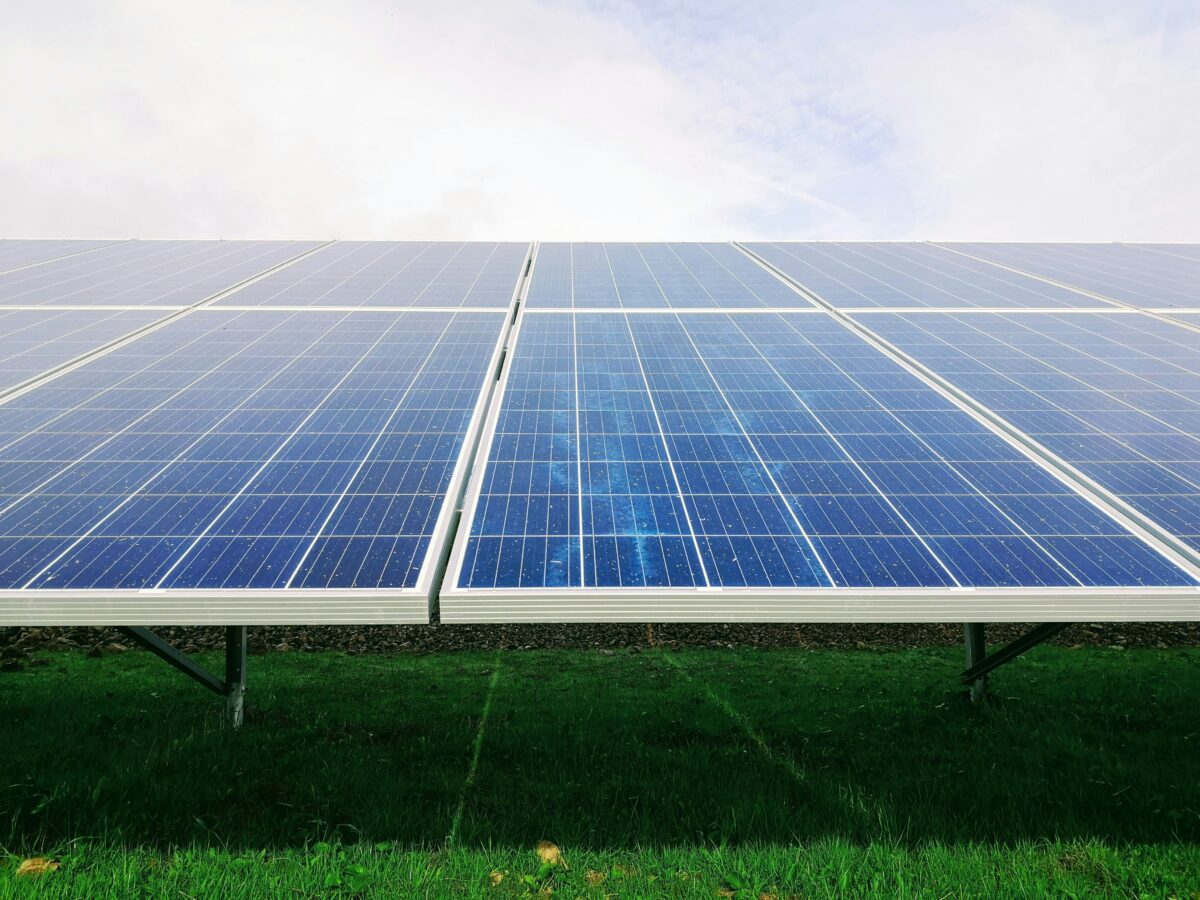Abel Energy says it is scheduled to produce 300,000 tonnes per annum of green methanol by 2027 from its Bell Bay project. The $1.4 billion project is set to use technology from Johnson Matthey (JM), which Abel Energy described as the “world’s leading methanol synthesis technology and catalyst supplier.”
It will also use biomass gasification technology and equipment systems from SunGas Renewables, a subsidiary of US-based GTI International. Abel said it has been working closely with both companies on the design and optimisation studies to fully integrate these technologies into the proposed Bell Bay facility.
The scale of the Bell Bay project has “increased substantially” since the company published its Knowledge-Sharing Report in June 2022 off the back of its $1.3 million feasibility study, partly funded by the Tasmanian government.
“The increase in scale is partly in response to an extraordinary surge in forward demand for green methanol as a shipping fuel over the last 12 months,” Abel said. “The surge in demand for green methanol follows a host of new orders by most of the world’s major container shipping companies, led by Danish multinational A.P. Moller – Mǽrsk,” it added.
The project will now require 240 MW of electrolysis to produce the green hydrogen which will eventually become methanol.
The Bell Bay project is focussed on exports, with Abel noting its annual production is three times Australia’s current methanol consumption.
In June, Abel announced that it and its partner, Spanish energy group Iberdrola, had inked a deal to secure a site for the project. It plans to redevelop the mothballed Bell Bay Power Station, which was shuttered in 2009.
This content is protected by copyright and may not be reused. If you want to cooperate with us and would like to reuse some of our content, please contact: editors@pv-magazine.com.









1 comment
By submitting this form you agree to pv magazine using your data for the purposes of publishing your comment.
Your personal data will only be disclosed or otherwise transmitted to third parties for the purposes of spam filtering or if this is necessary for technical maintenance of the website. Any other transfer to third parties will not take place unless this is justified on the basis of applicable data protection regulations or if pv magazine is legally obliged to do so.
You may revoke this consent at any time with effect for the future, in which case your personal data will be deleted immediately. Otherwise, your data will be deleted if pv magazine has processed your request or the purpose of data storage is fulfilled.
Further information on data privacy can be found in our Data Protection Policy.